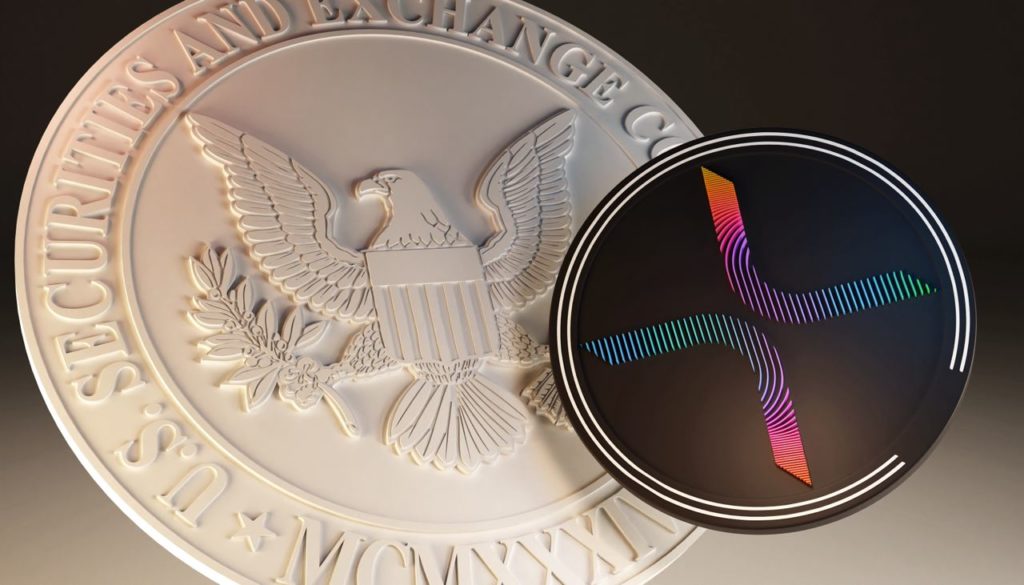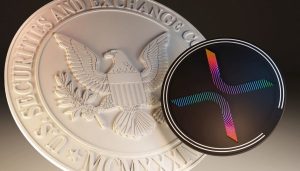Join Our Telegram channel to stay up to date on breaking news coverage
The status of Ripple’s cryptocurrency, XRP, has been debated for some time. One of the key questions surrounding XRP is whether it should be classified as a security or not. In a recent article by attorney Bill Morgan, the U.S. Securities and Exchange Commission (SEC) proved XRP’s security status was highlighted.
In the article, Morgan argued that XRP’s structure and characteristics align with the SEC’s security criteria. He asserted that XRP’s centralized distribution, the Ripple team’s control of XRP’s liquidity, and Ripple’s ability to benefit financially from XRP’s appreciation all prove that XRP is indeed a security. Let’s delve into the details and better understand the SEC’s perspective.
XRP Background
In December 2020, the SEC filed a lawsuit against Ripple Labs Inc., the company behind XRP. The lawsuit alleges that the XRP sale constituted an unregistered securities offering worth over $1.3 billion. The SEC claimed that XRP possessed the characteristics of an investment contract, thus falling under the security definition. On the other hand, Ripple has vehemently denied these allegations and argued that XRP is a cryptocurrency similar to Bitcoin and Ethereum.
How the SEC Intends to Prove XRP as a Security: Attorney Bill Morgan sheds light on the SEC’s strategy to prove XRP’s security status. Morgan says the SEC will likely focus on two main aspects: the Howey Test and Ripple’s control over XRP.
- The Howey Test: The SEC often relies on the Howey Test, established by the U.S. Supreme Court, to determine whether an asset qualifies as a security. The test evaluates whether an investment expects profits from others’ efforts. In the case of XRP, the SEC argues that investors had a reasonable expectation of profit from buying and holding Ripple, as Ripple promoted XRP’s potential for future price appreciation.
- Ripple’s Control Over XRP: Another crucial element in the SEC’s case is Ripple’s alleged control over XRP. The SEC claims that Ripple has significant control over Ripple supply and distribution, making it a centralized entity. According to the SEC, this control contradicts the decentralized nature of cryptocurrencies like Bitcoin and Ethereum. This supports their argument that XRP should be classified as a security.
Ripple consistently maintains that ripple is not a security but a cryptocurrency. The company argues that ripple is a utility token facilitating fast, low-cost cross-border transactions. Ripple contends that the SEC’s lawsuit has created uncertainty and negatively impacted XRP’s value and the broader cryptocurrency market.
The outcome of this legal battle will have significant implications for the crypto industry, particularly concerning how regulators classify and regulate digital assets. If the court ultimately determines that ripple is a security, it could have far-reaching consequences for other cryptocurrencies with similar characteristics.
Conclusion
The debate surrounding XRP’s security classification continues to generate considerable attention and speculation. As highlighted by attorney Bill Morgan, the SEC’s approach centers around proving XRP’s compliance with the Howey Test.
The Howey Test is a legal precedent establishing a three-pronged definition of an asset as a security. The criteria for being labeled a security include an expectation of profits, an investment of money, and a third party’s involvement in facilitating the transaction. The SEC’s approach is to use the Howey Test to determine whether or not XRP is a security. It also highlights Ripple’s control over cryptocurrency. As the legal battle unfolds, how the court will ultimately rule on this contentious issue remains to be seen. The outcome will shape the regulatory landscape and provide valuable insights into cryptocurrency classification and regulation going forward.
Join Our Telegram channel to stay up to date on breaking news coverage


